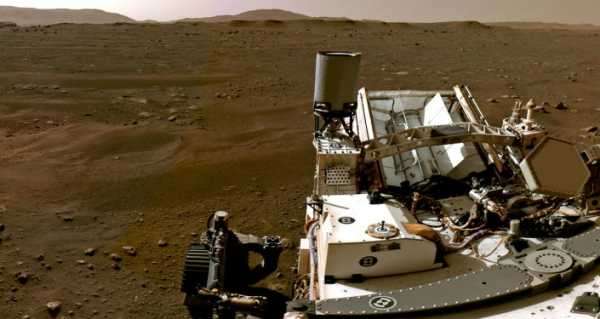
The recent discovery of new types of bacteria found aboard the International Space Station (ISS) draws questions about the expansion and evolution of DNA traveling through space.
Christopher Mason, a geneticist at Cornell University, has warned that any organism discovered in humanity’s colonization of Mars could have already had origins that trace back to certain organisms living here on Earth.
Mason outlines that the presence of new organisms, despite their alien appearance, would have to be studied to check for the presence of DNA sequences found here on Earth. The geneticist maintains that this form of DNA contamination can be found throughout different points in history, such as the American spread westward across the North American continent.
The scientific term used for this form of spread is called “forward contamination,” which Mason believes is necessary in the evolution of expansion of DNA. NASA also fears the risks of “backward contamination” when pursuing future return missions to Mars, but believes that the evolution of its species will make for interesting samples.
“Microbes could potentially hitchhike their way to Mars, even after pre-launch cleaning and exposure to radiation in space, and their genomes may change so much that they look truly otherworldly, as we have recently seen with microbes that evolved on the International Space Station,” Mason stated, referring to research where he and a team of scientists studied four different strains of bacteria some with origins mostly related to North American, European and Pacific island types.
For years, science has experimented with the evolution, expansion and spread of organisms in a research method they call “shotgun metagenomes.”
Researchers are continuing to expand their database of Earth present DNA samples in order to learn more about the expansion of the solar system. Mason believes that in the next 500 years, forward contamination will be the only way to preserve certain life samples found here on Earth.
Sourse: sputniknews.com






